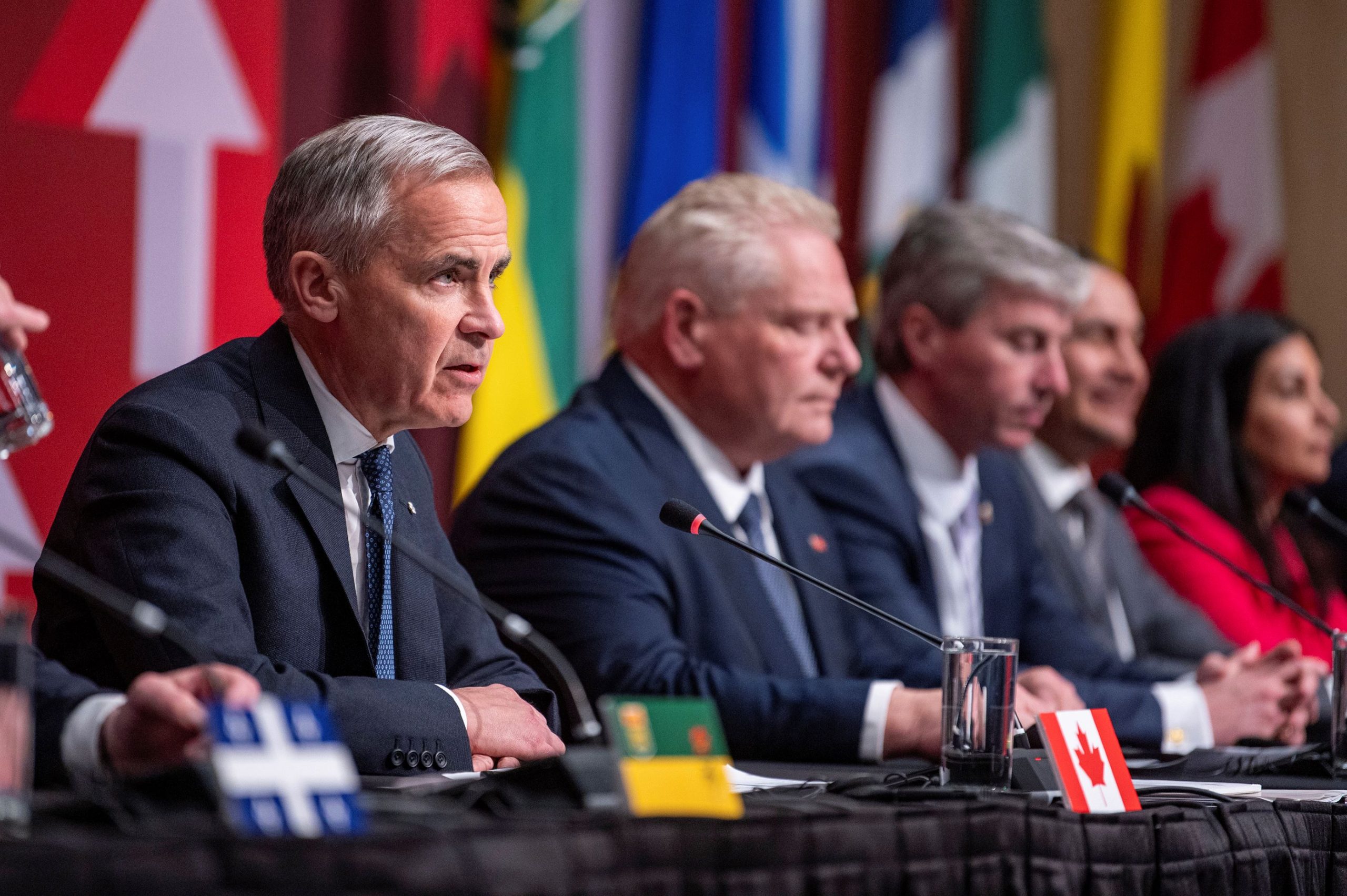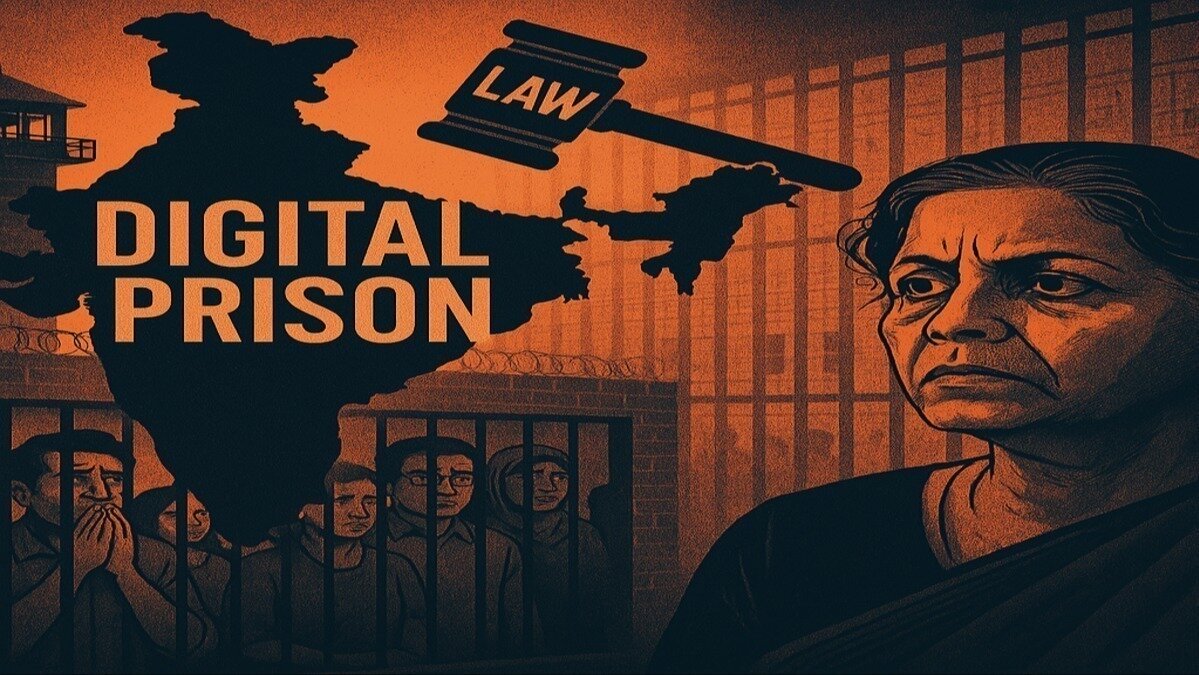In recent political history, a resounding victory for social conservatism has emerged through the powerful backlash against Bud Light’s choice to feature transgender activist Dylan Mulvaney as a brand ambassador. This boycott has showcased its strength and influence, leaving a significant mark on the beverage industry. As we delve into the repercussions of this decision, it becomes evident that the implications go beyond mere sales figures.
The Bud Light Backlash: A Painful Realization for Anheuser-Busch Distributors
The aftermath of Bud Light’s association with Dylan Mulvaney has led to an unexpected turn of events for Anheuser-Busch distributors. The New York Post reports that numerous distributors have come to terms with their substantial losses in the Bud Light market. Despite attempts to regain disenchanted customers after the Mulvaney controversy, it appears that many patrons have been irreversibly swayed. The repercussions include a period of hiring freezes, layoffs, and an unfortunate toll on Bud Light sales, plummeting by over 25%. This situation has compelled Anheuser-Busch wholesalers to acknowledge their diminished customer base and shift their focus towards a fresh demographic.
An unnamed executive from a Texas-based beer distribution company stated, “Consumers have spoken by choosing to leave Bud Light, and it is unlikely that a significant portion of them will return.” This sentiment underscores the gravity of the situation, signaling a paradigm shift in consumer preferences.
Anticipating the Continued Decline: Bud Light’s Uphill Battle
Contrary to expectations, industry insiders project a prolonged decline in Bud Light sales. Even with efforts to rebrand through traditional advertising campaigns aimed at re-establishing a blue-collar image, the damage has been done. Bud Light, once a staple, now carries connotations of corporate detachment from consumers and an aggressive promotion of the LGBT agenda, permeating various facets of society. The brand has become a focal point of discontent, reflecting a broader societal trend. Rejecting Bud Light has evolved into a symbol of dissent on the Right, mirroring the advocacy for transgenderism on the Left.
The Spontaneity of the Bud Light Boycott: Unveiling a Collective Outcry
What sets the Bud Light boycott apart is its unanticipated and grassroots nature. Although certain conservative commentators, notably those at the Daily Wire, amplified the call to boycott, the boycott’s swift resonance was not solely due to these voices. This movement signifies a larger sentiment within a vast consumer base that has grown weary of the persistent advocacy of transgenderism. The tipping point was reached, and the response was emphatic.
This sentiment manifested across social media platforms, with images of individuals shooting assault rifles at Bud Light cases and videos showcasing empty Bud Light beer stands at baseball games. These actions were a means of communicating a message to corporate America—an expression of dissatisfaction and a plea for a reconsideration of branding strategies.
In Conclusion: A Transformative Shift in Brand Perception
The ripple effect caused by Bud Light’s affiliation with Dylan Mulvaney serves as an illuminating case study of the intersection between corporate branding and societal values. The resounding success of the boycott reflects a collective assertion of conservative values and a potent reaction to the perceived overstepping of corporate boundaries. As the beverage industry navigates this transformative juncture, it is clear that the repercussions of this boycott will continue to reverberate, leaving an indelible mark on both Bud Light and the broader landscape of brand activism.










